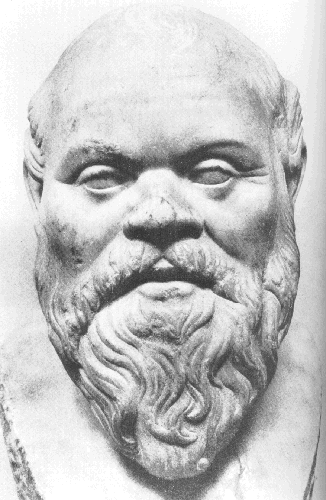Dualism
| Philosophy Portal |
- For other uses of the term, see Dualism (disambiguation).
The term 'dualism' can be used for any theory according to which two entities, properties or types of facts are given equal status - that is, neither is taken as completely reducible or explicable in terms of the other. In contemporary philosophy, it refers to a certain view in the philosophy of mind. According to this view, whose clearest proponent is Descartes, mental entities or properties are parts of the universe which are just as fundamental as physical entities or properties. Descartes accepted a form of dualism often called substance dualism, according to which the mind is a special sort of substance, one which could, in principle continue to exist even if all physical substances (e.g. particles) were destroyed. In the past century, substance dualism has enjoyed relatively little popularity, but property dualism has established a substantial following. According to property dualism, there may be no special mental entities that are capable of existing independently of all physical things, but some entities have certain mental properties (e.g. consciousness) that cannot be reduced to their physical properties (e.g. size and shape).
This article will survey the major dualist positions, and consider some of the main arguments for and against dualism.
Descartes' Arguments for Dualism
The Conceivability Argument
The Divisibility Argument
Objections to Dualism
Credits
New World Encyclopedia writers and editors rewrote and completed the Wikipedia article in accordance with New World Encyclopedia standards. This article abides by terms of the Creative Commons CC-by-sa 3.0 License (CC-by-sa), which may be used and disseminated with proper attribution. Credit is due under the terms of this license that can reference both the New World Encyclopedia contributors and the selfless volunteer contributors of the Wikimedia Foundation. To cite this article click here for a list of acceptable citing formats.The history of earlier contributions by wikipedians is accessible to researchers here:
The history of this article since it was imported to New World Encyclopedia:
Note: Some restrictions may apply to use of individual images which are separately licensed.
